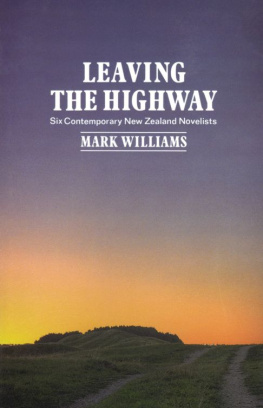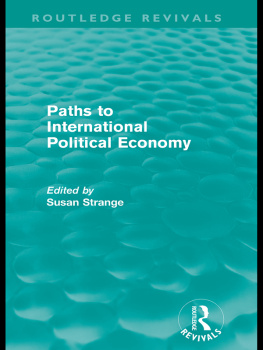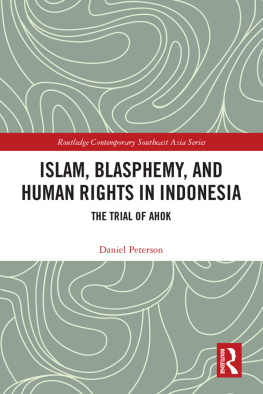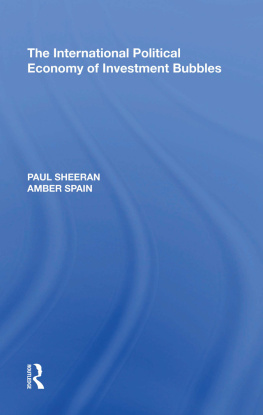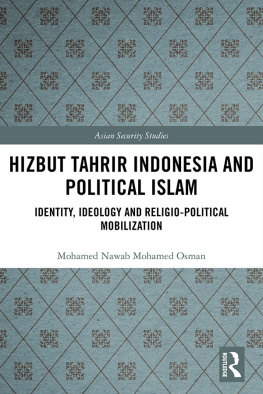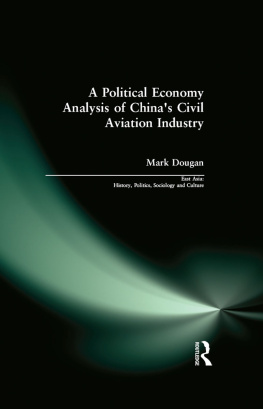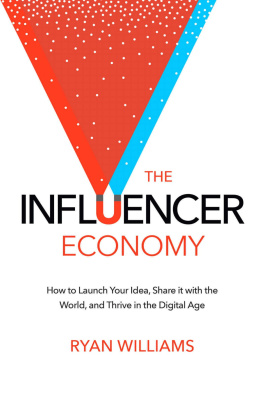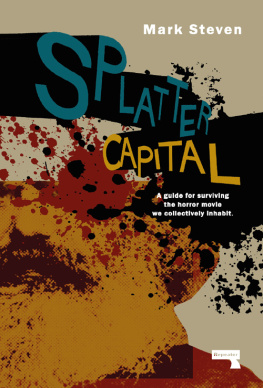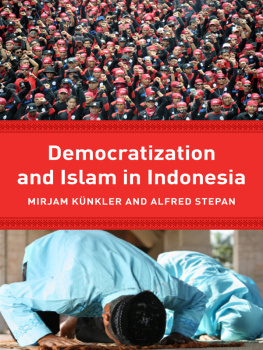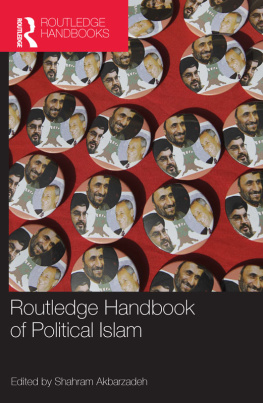Indonesia, Islam, and the International Political Economy
The Republic of Indonesia is a rising great power in the Asia-Pacific, set to become the eighth largest economy in the world in the coming decades. It is the most populous Muslim majority country in the world. The largest Islamic organizations and parties have supported Indonesias participation with global markets, but this has not come from an ideological support for capitalism or economic liberalization. Islamic political culture has denounced the injustices caused by global capitalism and its excesses. In fact, support for Indonesias engagement with the international political economy is born from political pragmatism, and from Indonesias struggles to achieve economic development.
This book examines the role of Islamic identity in Indonesias foreign economic relations and in its engagement with the world order. There is no single expression of Islam in Indonesia; the politics espoused by Islamic parties and organizations are far from monolithic. Islamic sentiment has been invoked by the state to justify heinous acts of brutality, as well as by violent, sub-national revolutionary groups. However, these expressions of Islam have deviated from the dominant narrative, which is in favor of international cooperation and economic development. Economic exploitation, political alienation, financial volatility, and aggression toward Muslims around the world have certainly caused some Islamic groups to radicalize, but these groups represent a small subsection of the Muslim public in Indonesia. The political culture of Islam in Indonesia is a social force that is helping to foster a peaceful rise for Indonesia. However, a peaceful expression of Islam is not inevitable for the republic, nor can it be assumed that Islamic identity in Indonesia will unwaveringly support the global economic order, regardless of what might occur in global politics.
Mark S. Williams is Professor of Political Studies at Vancouver Island University, Canada.
Routledge Studies on Islam and Muslims in Southeast Asia
Series Editors: Syed Muhammad Khairudin Aljunied, Kamaludeen Mohamed Nasir
1 Foundations of Islamic Governance
A Southeast Asian Perspective
Maszlee Malik
2 Indonesia, Islam, and the International Political Economy
Clash or Cooperation?
Mark S. Williams
First published 2017
by Routledge
2 Park Square, Milton Park, Abingdon, Oxon OX14 4RN
and by Routledge
711 Third Avenue, New York, NY 10017
Routledge is an imprint of the Taylor & Francis Group, an informa business
2017 Mark S. Williams
The right of Mark S. Williams to be identified as author of this work has been asserted by him in accordance with sections 77 and 78 of the Copyright, Designs and Patents Act 1988.
All rights reserved. No part of this book may be reprinted or reproduced or utilised in any form or by any electronic, mechanical, or other means, now known or hereafter invented, including photocopying and recording, or in any information storage or retrieval system, without permission in writing from the publishers.
Trademark notice: Product or corporate names may be trademarks or registered trademarks, and are used only for identification and explanation without intent to infringe.
British Library Cataloguing-in-Publication Data
A catalogue record for this book is available from the British Library
Library of Congress Cataloging-in-Publication Data
Names: Williams, Mark S., author.
Title: Indonesia, Islam, and the international political economy : clash
or cooperation? / Mark S. Williams.
Description: New York : Routledge, 2017. | Series: Routledge
studies on Islam and Muslims in Southeast Asia ; 2 | Includes
bibliographical references and index.
Identifiers: LCCN 2016050169 | ISBN 9780415788878 (hardback) |
ISBN 9781315223117 (ebook)
Subjects: LCSH: IslamEconomic aspectsIndonesia. | Islam and
politicsIndonesia. | Islam and stateIndonesia. | International
economic relationsReligious aspectsIslam.
Classification: LCC BP63.I5 W555 2017 | DDC 297.2/7209598dc23
LC record available at https://lccn.loc.gov/2016050169
ISBN: 978-0-415-78887-8 (hbk)
ISBN: 978-1-315-22311-7 (ebk)
Typeset in Gaillard
by Apex CoVantage, LLC
I am profoundly thankful to the funding agencies that made it possible for a Canadian to experience fieldwork in Indonesia and to begin my journey of understanding its diverse politics, its volatile economics, and its wonderful language and culture. My thanks to the Social Sciences and Humanities Research Council; the Ontario Graduate Scholarship Program; McMasters Institute on Globalization and the Human Condition; and the McMaster Graduate Students Association.
Thanks to faculty members of the Islamic University of Indonesia and the Jakarta Islamic State University for their assistance with archival work, my Bahasa language tutors in Jakarta and Jogja, and to the librarians at Leiden University, Tilburg University, and at the University of Oxford. My thanks also to Leonard Sebastian at the S. Rajaratnam School of International Studies for taking the time to provide a thoughtful consideration of the manuscript.
I am grateful for the opportunity to have studied and taught at McMaster University between 200713. The faculty and my fellow graduate students provided a collegial and helpful environment for my research. My thanks to Lana Wylie, Robert OBrien, Peter Graefe, and Mark Busser for providing insightful and challenging feedback on the manuscript. In particular, I must offer my deepest gratitude to Richard Stubbs for his supervision and his guidance. I also thank my undergraduate students at McMaster and at Brock for our time together each week to discuss and think about politics, economics, and society.
I would also like to thank David Livingstone, Catherine Schittecatte, Alex Netherton, and Mark Blackell at Vancouver Island University (VIU) for welcoming me into the Political Studies Department and providing a stimulating work-place. Thank you to Deanna McNaught, Janeane MacGillivray, and Tasha Scott for all of your help with the countless tasks and problems that arise during the academic term. I want to especially thank my VIU students, whose enthusiasm provides a constant reminder of why I love to study politics.
My family, particularly Linda Brooymans and Paul Williams, deserves special thanks for providing many a forum to discuss my research over walks, coffees, and drinks.
Thanks to my editor at Routledge, Kamaludeen Mohamed Nasir, for shepherding my manuscript through the publication process, and to my anonymous reviewer for the productive feedback. My thanks also to ShengBin Tan for his thoughtful edits on the manuscript.
Politics and religion are two of the three things that one is not to discuss over the dinner table in polite society, and I have found myself writing a book on both of them. The role of Islam in Indonesia is a highly contentious topic, and not everyone is going to agree with my perspective here. This manuscript evolved in consultation with many individuals, but I alone am responsible for both any factual errors and any errors of judgment found in the manuscript.




